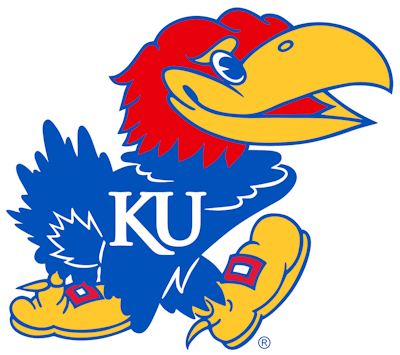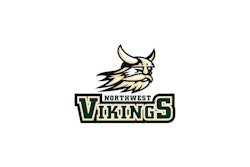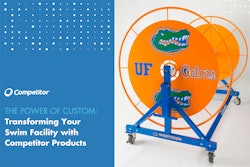
University of Kansas athletic director Travis Goff this week said KU Athletics has cut its workforce by around 9% in an effort to cut costs.
On Tuesday, Goff told the Lawrence Journal-World that the athletic department began with a hiring freeze at the start of last fall that then led to voluntary staffing cuts followed by a targeted involuntary reduction in the workforce. Ultimately, the department has let go around 30 employees.
Goff said the current situation in college athletics is unprecedented, noting “a combination of, frankly, a financial model that across the country is not very viable, one, with the intersection of NIL and then the House settlement, two.”
“I’m really proud of how we’ve managed this dynamic this year,” he told the World-Journal. “My belief is many places across the country are doing similar type (of) work, and I’ll be honest with you, those that aren’t ought to be, because this is not unique to KU in this environment by any stretch of the imagination. I’m proud that we’re taking responsibility and actively and strategically managing it.”
Goff said the reductions in staff will save the department around $3 million.
KU Athletics has been operating at a $16 million deficit during the fiscal year 2025, which ends in June. Projected revenues of $122 million fall short of expenses of $138 million. Goff cited lost revenues from playing its football games off campus during the 2024 season.
“We’ve spent all year from a variety of angles, expenses, revenues, partnerships, doing everything we possibly can to make sure we can project out a balanced budget in the subsequent years,” he said. “It gets harder because of those variables and it doesn’t take much to look across the country to see the challenges of intercollegiate athletics financially, just about any place you name it.”
Last August, KU paid consulting firm Deloitte $200,000 to provide recommendations on revenue-sharing and NIL issues, as well as new ways to drive revenue.
“They looked at organizational structure,” Goff said. “They didn’t tell us maybe anything shocking or profound, but I think it was good to just have another set of eyes on that. All those things and then some. And then obviously they were important in partnering with us to just be as organized as we could be entering into the House settlement environment.”





































